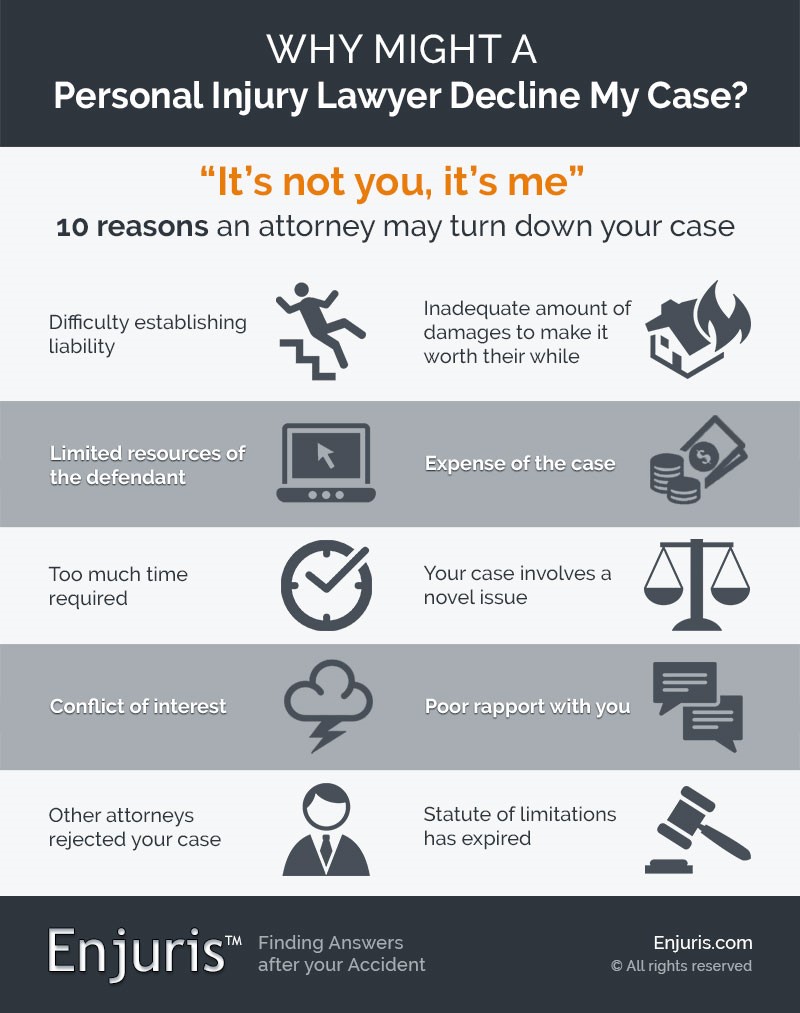Reveal Methods For Successfully Addressing Conflicts Between Property Owners And Lessees, While Watching On The Hidden Complexities That Might Impact Your Civil Liberties
Reveal Methods For Successfully Addressing Conflicts Between Property Owners And Lessees, While Watching On The Hidden Complexities That Might Impact Your Civil Liberties
Blog Article
Composed By-Solomon Walker
When it comes to landlord-tenant legislation, understanding your legal rights and duties is important for both events. You may think you have a strong understanding on the essentials, however there are frequently subtleties that can capture you off guard. Whether you're a proprietor taking care of a residential property or a tenant searching for a steady home, recognizing the lawful landscape can make all the distinction. What could stun you are the complexities involved in navigating disputes and expulsion processes.
Recognizing Tenant Legal Rights and Responsibilities
When you rent a residential or commercial property, it's crucial to recognize your legal rights and responsibilities as a renter. You can a risk-free and habitable living atmosphere, implying your proprietor needs to maintain crucial services like heating, pipes, and electrical power.
You're also entitled to personal privacy; property owners normally need to offer notification before entering your unit.
On the other side, you are accountable for paying rent in a timely manner, maintaining the residential property clean, and not creating damages beyond normal deterioration.
Acquaint yourself with your lease contract, as it describes certain regulations and commitments. Being link web site of these aspects not only safeguards you however also fosters a positive relationship with your property manager.
Stay educated, and you'll navigate your tenancy more effectively.
Secret Property Owner Commitments and Lawful Considerations
While you might recognize your legal rights as a lessee, it's just as essential to understand your landlord's obligations.
Landlords need to supply a safe and habitable living setting, ensuring that vital systems like heating, pipes, and electrical energy are in working order. They're also responsible for making necessary fixings immediately and sticking to local building regulations.
In addition, landlords should appreciate your privacy by giving correct notification prior to entering your unit, usually 24-hour. They should manage down payment according to state regulations, consisting of returning them quickly after you move out, minus any legal deductions.
Recognizing these commitments can assist you keep a positive connection with your landlord and ensure your living circumstance satisfies legal criteria.
Navigating Disagreements and Eviction Procedures
Conflicts between landlords and occupants can develop all of a sudden, making it essential for you to recognize the procedures associated with settling them.
Initially, communication is essential-- try to discuss issues directly to find a compromise. If that stops working, acquaint yourself with your local laws pertaining to disagreements and expulsion. mouse click the next webpage : keep records of communications, settlements, and any kind of offenses.
If expulsion becomes essential, ensure you comply with the lawful steps needed in your location, which commonly includes providing created notification and a certain duration for resolution.
Be prepared to head to court if the scenario escalates, maybe your only choice. Comprehending these procedures will certainly assist you navigate conflicts better and shield your legal rights as either a landlord or renter.
visit web site
In summary, comprehending landlord-tenant regulation is necessary for both parties involved in a rental contract. By knowing your rights and duties, you can cultivate a better living environment and prevent conflicts. If disputes develop, keep in mind that a property lawyer can help guide you with the intricacies of eviction procedures and legal responsibilities. Remaining educated and positive will make sure a smoother rental experience, whether you're a property owner or a renter.
